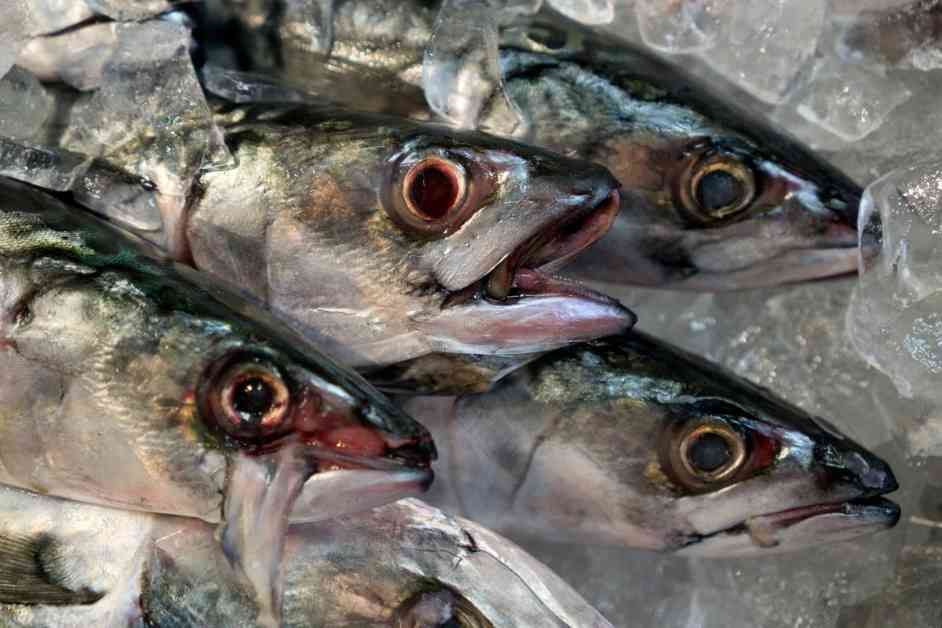The recent Supreme Court ruling on Chevron deference has far-reaching implications beyond just the fishing industry. The decision to overturn this 40-year precedent of deferring to expert agencies when interpreting laws based on scientific evidence has the potential to impact various sectors, from environmental protections to public health regulations.
Without Chevron deference, federal agencies may face increased legal challenges to regulations aimed at safeguarding clean air and water, preventing overfishing, and addressing other critical issues. The absence of judicial deference to expert opinions could lead to a patchwork of inconsistent decisions across the country, potentially hindering efforts to tackle pressing challenges like climate change and pollution.
The success of fishery management in recent years, with numerous fish populations rebounding thanks to science-based limits and regulations, underscores the importance of relying on experts to inform decision-making. However, the Supreme Court’s ruling could jeopardize this progress by exposing expert-driven regulations to increased litigation and potential rollbacks.
In light of these developments, it is essential for stakeholders in various industries to remain vigilant and advocate for evidence-based policies that prioritize environmental sustainability and public health. The future of regulatory frameworks may depend on how effectively experts can continue to contribute their knowledge and expertise to inform decision-making processes.
As we navigate these changes in the legal landscape, it is crucial for policymakers, scientists, and the public to work together to ensure that regulations are grounded in sound scientific evidence and serve the best interests of both people and the planet. The implications of the Supreme Court’s decision on Chevron deference are significant, and it will be essential to monitor how these changes unfold in the coming months and years.



